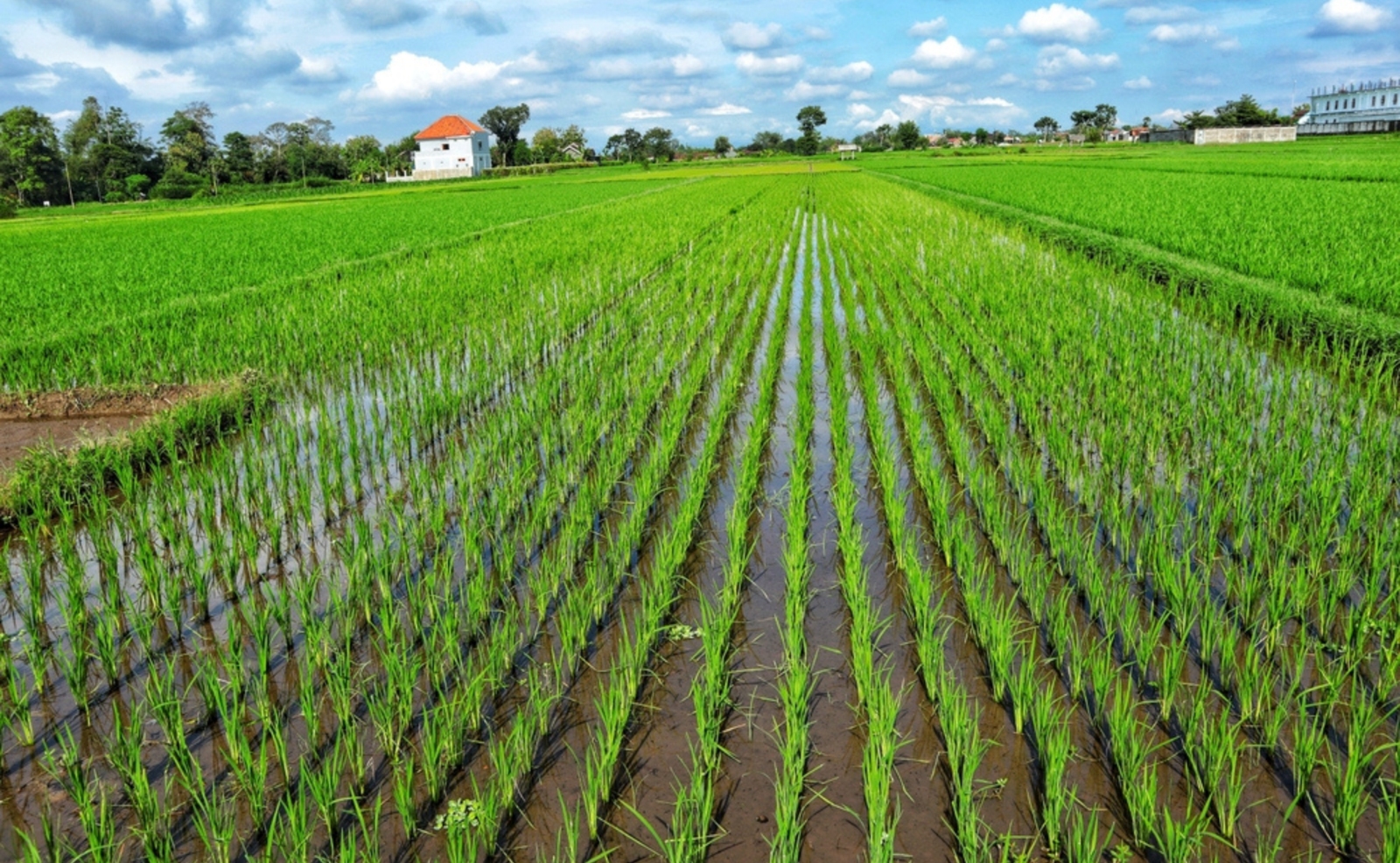Tuesday, 24 February 2026

The discussions centered on scalable strategies to mainstream Direct-Seeded Rice (DSR) in Uttar Pradesh, with a focus on seed system readiness, farmer training, policy alignment, and fostering public-private partnerships for lasting impact across the state’s varied agro-ecological zones
On May 27, 2025, Anurag Yadav, Principal Secretary, Government of Uttar Pradesh, along with a World Bank delegation, visited the International Rice Research Institute – South Asia Regional Centre (ISARC) to strengthen collaboration on scaling Direct-Seeded Rice (DSR) adoption across the state. This visit marked a key step in the state’s push toward climate-resilient and sustainable rice production under the UP-AGREES project.
The delegation, which included Vinayak Ghatate, Shantanu Kumar, and Ajith Radhakrishnan from the World Bank, joined discussions with ISARC Director Dr. Sudhanshu Singh, UPDASP officials, and senior scientists. Talks focused on scalable DSR strategies, enhancing seed systems, farmer training, policy support, and fostering public-private partnerships.
As part of a two-day program, the team visited Paniyara village in Varanasi to observe field demonstrations of Laser Land Levelling and mechanized DSR using a multi-crop planter. These technologies are designed to improve water efficiency, reduce labor demands, and strengthen crop establishment.
In Bankat village, the group engaged with farmers involved in integrated farming systems—including aquaculture—to understand how diversified livelihoods can enhance resilience in rice-based systems. A strategic session at KVK Varanasi brought together farmers, officials, and experts to discuss barriers and opportunities for scaling DSR in eastern Uttar Pradesh.
Yadav emphasized the transformative potential of the UP-AGREES initiative to elevate productivity in the rice-wheat system, while Ghatate reaffirmed the World Bank’s commitment to farmer-centric, climate-smart agriculture. IRRI’s ISARC continues to play a vital role in technical support, capacity building, and evidence generation to enable sustainable rice cultivation in the state.